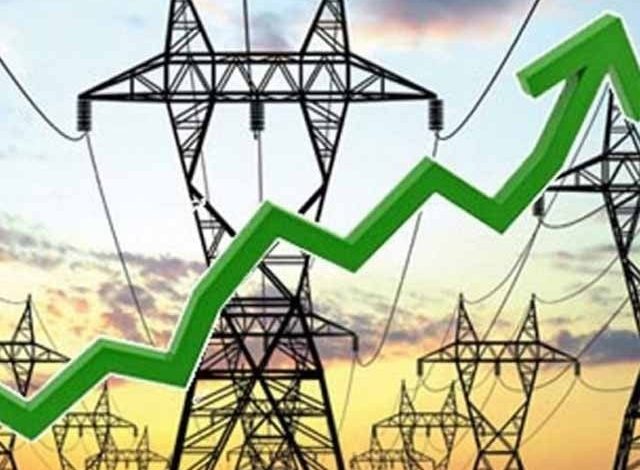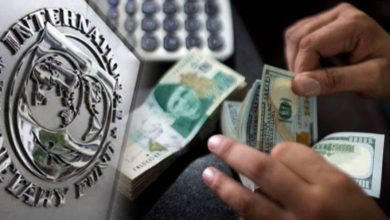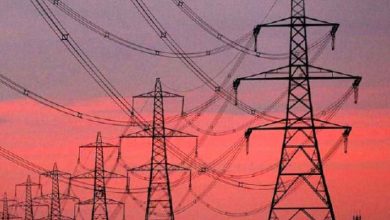Reforms to end reliance on IPPs

The energy ministry had embarked upon major reforms, including operationalisation of an energy exchange, which would allow the power plants to sell electricity to the buyer, Energy Minister Awais Leghari said on Wednesday.
Leghari told the Senate Standing Committee on Energy that the ministry was currently facing problems related to high electricity prices. He assured that every possible relief regarding the Independent Power Producers (IPPs) would be provided to the people.
Currently, Pakistan faced significant challenges, including power outages, high transmission losses, high tariffs, limited renewable energy sources and a massive circular debt. The government was striving to address these issues by modernising grids and privatising the distribution companies (DISCOs).
Leghari stressed that the government was carrying out reforms to ensure that the next government would not have to purchase electricity from the power producers, as the country tried to make its energy sector more efficient.
These reforms include measures to allow private consumers to buy electricity directly from producers instead of relying solely on the national grid. “The plant which will produce electricity will sell it to the buyer through an energy exchange. Operationalising this exchange is part of our reforms,” Leghari said.
He said that currently, the ministry faced the problem of high power tariff. “Our government is taking the issue of IPPs seriously. Whatever relief is possible regarding IPPs will be given to the people,” he told the committee members.
According to the minister, a number of power plants were installed with external capital and loans between 2015 and 2018. The government of that time had asked many countries to install plants, and China made the investment. The plants were installed with the borrowing of about $8 billion, he added.
During the Pakistan Tehreek-e-Isaf (PTI) tenure, a report presented to the government had asked for the audit of the IPPs. However, Leghari said, the government, instead of conducting an investigation, delayed the matter by opting for mediation. “People suffer today as consequences of that,” he said.
He revealed that the heat rate audit report was damaged by the then cabinet decision of mediation. “If there was arbitration on the basis of an incomplete report, the IPPs would have been given a clean chit,” the minister told the committee members.
He announced that plans were in hand to take DISCOs out of the authority of the power division and privatise. “Advertisement for the privatisation of DISCOs will be issued next year. Over the next two to three months our financial advisers will determine the market capacity,” he said.





